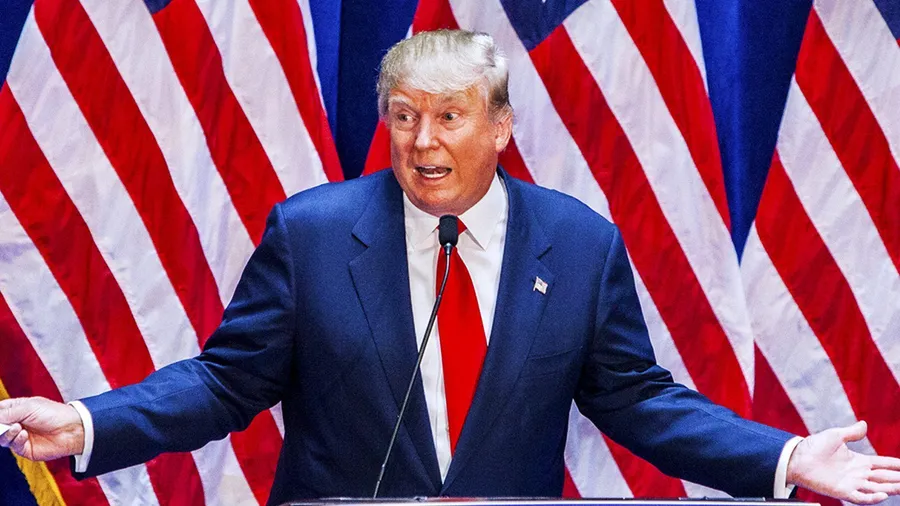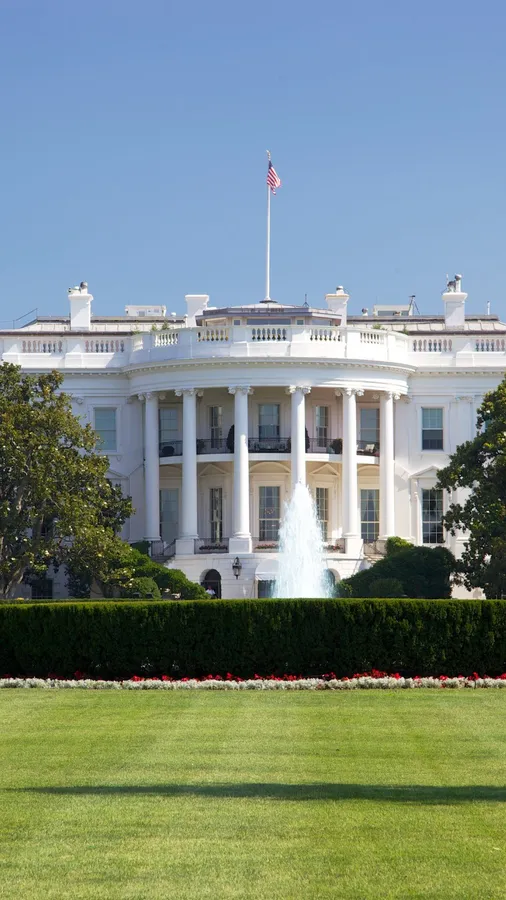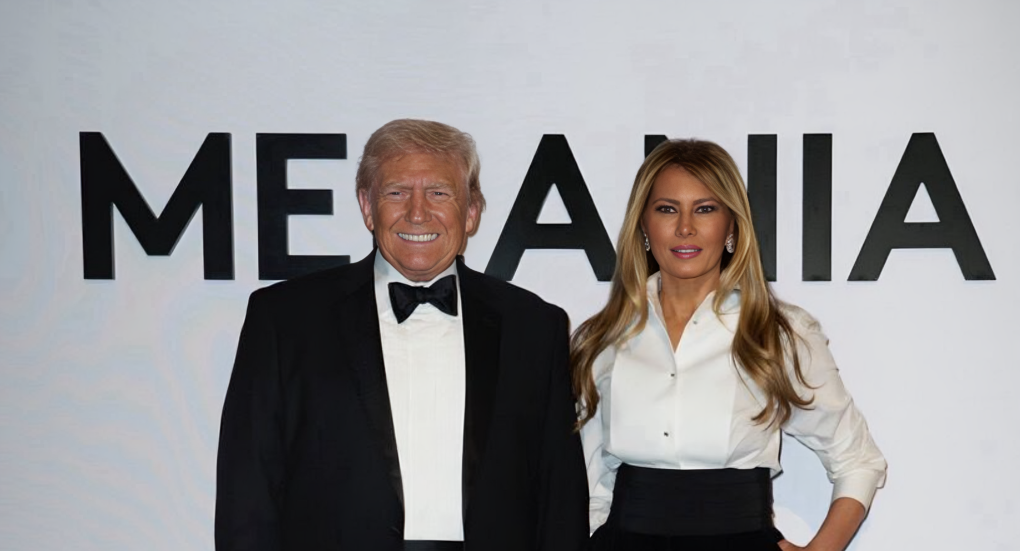Why Did Trump Cut Voice of America Funding?

© Voice of America
Could Trump’s cut of Voice of America funding make other countries’ news louder than America’s?
A radio station that’s been broadcasting for over 80 years, reaching millions of listeners across the globe, suddenly goes silent.
That’s the reality facing Voice of America, a U.S.-funded news outlet that has long been a trusted source for people far beyond America’s borders.
On March 15, 2025, something unexpected happened that put this iconic station—and its workers—in a tough spot.
What caused this sudden hush? Why is a voice that’s been steady through wars and crises now at risk of fading away?
Let’s explore what’s happening and why it matters.
Trump Cuts Voice of America Funding

On a Friday night, just as many were winding down for the weekend, President Trump signed an executive order that sent shockwaves through several government agencies.
One of the biggest targets was the U.S. Agency for Global Media, or USAGM. This agency oversees media outlets like Voice of America, Radio Free Europe/Radio Liberty, and Radio Free Asia.
These stations have been around for a long time—Voice of America started in 1942 to fight Nazi propaganda during World War II.
Their job has been to share news and information with people in countries where free press is hard to find.
But Trump’s order changed everything. It told the USAGM and six other agencies to cut their work down to the bare minimum required by law. For the media outlets, this meant a freeze on their funding and a huge shift for their workers.
By Saturday morning, March 16, nearly all 1,300 employees at Voice of America were told they were being placed on paid administrative leave.
That’s a fancy way of saying they’re still getting paid, but they can’t go to work or use their office equipment.
Other outlets like Radio Free Europe and Radio Free Asia faced similar cuts, with their funding agreements canceled. It’s a move that has left many wondering what happens next.
Why Did This Happen?

So, why would Trump do this? The White House says it’s about saving money and stopping what they call “radical propaganda.”
Trump and some of his supporters have long criticized these media outlets, claiming they don’t always show the U.S. in a good light.
For example, during his first term as president, Trump said Voice of America was speaking for America’s enemies instead of its citizens.
His team believes taxpayers shouldn’t fund media that doesn’t fully support his views.
On the other hand, people who work at these stations say they’re just doing their job—telling the truth, even when it’s messy.
Voice of America’s director, Michael Abramowitz, said this decision silences a service that reaches over 360 million people each week in nearly 50 languages.
He called it a sad day, noting that for 83 years, the station has been a lifeline for people living under tough governments in places like China, Russia, and Iran.
Critics of Trump’s move argue it’s a mistake to shut down these voices, especially when other countries are spending billions to spread their own stories.
The timing adds another layer. Trump recently picked Kari Lake, a loyal supporter, to help lead the USAGM. She’s called the agency “corrupt” and said it’s not worth saving. Some think this is part of a bigger plan to reshape or even dismantle these outlets entirely.
Whatever the reason, the impact is clear: the airwaves are quieter now, and the people who depend on them are left in the dark.
China’s Reaction: Cheers and Celebration

Across the ocean, people in China are reacting to Trump’s decision with big smiles. On social media there, some influencers with millions of followers are calling it “truly gratifying” to see Voice of America and Radio Free Asia shut down.
One popular voice, Hu Xijin, a former newspaper editor, wrote that these stations were tools the U.S. used to push its ideas into China.
He’s happy they’re quiet now. Others online are laughing about it, with some even thanking Trump, jokingly calling him “Comrade Chuan Jianguo”—a nickname from his first term that means “Trump, the nation builder” for China.
China’s government isn’t staying quiet either. State-run newspapers are praising the cuts, saying it’s the end of a “lie factory” that spread stories they didn’t like.
For years, China has spent lots of money to share its own news with the world, and now it sees this as a win. With Voice of America reaching over 360 million people weekly, its silence could mean more room for China’s voice to be heard.
Some in China think this helps them look stronger while the U.S. steps back. It’s a surprising twist—Trump’s move to save money at home is being cheered by a country he’s often called a rival.
What’s Next for the Airwaves?

This decision isn’t just about budgets or politics—it’s about who gets to hear what. For years, these U.S.-funded stations have been a rare source of reliable news in places where leaders control the media.
Without them, some worry that countries like Russia and China will have an easier time spreading their own messages.
Others, though, cheer the cuts, saying it’s time to stop spending money on projects that don’t put America first.
For now, the staff at Voice of America and other outlets are in limbo, waiting to see if they’ll return to work or if this is the end.
The silence might not last forever—legal challenges or new decisions could change things—but right now, it’s a waiting game.
For the millions who tuned in every day, the loss is already real.
What do you think? Is this a smart move to save money, or a loss of something valuable? The answer might depend on who’s listening.
You might also want to read: Trump Administration Deportations Defy Judge’s Order


